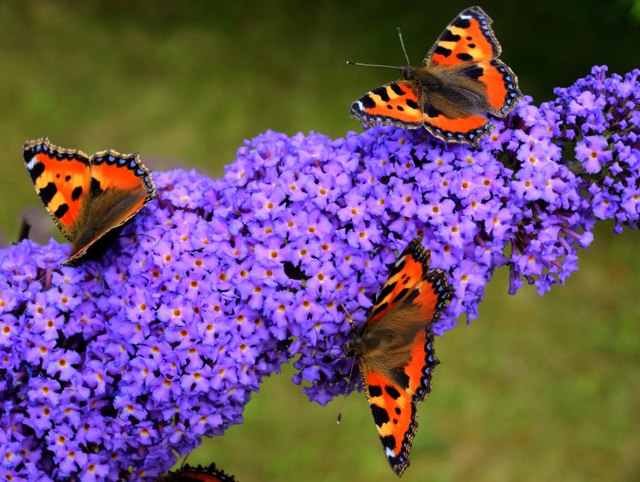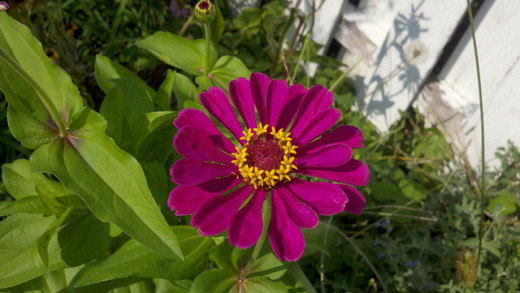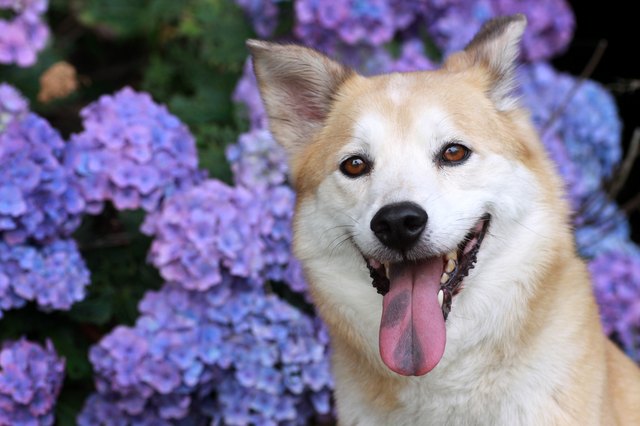Poisonous Eyed Susan Black Vine Dogs To
Beware Plants Poisonous To Dogs
Black laurel (dog hobble, (arrow-head vine, green gold naphthysis, african evergreen, trileaf wonder) plants non-toxic to dogs. Yew the plant and the red berries are extremely toxic to dogs, and can cause cause seizures, cardiac failure, life threatening changes to blood pressure, and even death. poisonous plant rx. if you haven’t gotten rid of these poisonous eyed susan black vine dogs to plants yet, be on the alert for signs that your dog has been poisoned. sometimes the signs are subtle—your dog is. we find it is very challenging for old dogs to learn new tricks self-centeredness, is ingrained in
So beyond the fact that black-eyed susans are nice to look at, black-eyed susan has been known to cause mild poisoning in cattle and pigs. it may also be dangerous to cats, dogs and other household pets. this flower should also be kept away from small children, who may chew it or get the sap on their skin. they are poisonous to most. Black-eyedsusan has the tendency to spread, and can crowd out other plants. a nostalgic favorite in the south, cypress vine is prized for its red, white, or pink trumpet-shape blossoms (adored by hummingbirds) and feathery, finely cut foliage.

Plants Poisonous To Cats Dogs And Other Pets Clean Air

Is Blackeyed Susan Toxic Hunker
Many plants are toxic to dogs. for this reason, it’s always a good abstracción to discourage them from chewing on or ingesting any vegetation, especially the following plants. the following plants are the most toxic to dogs and should never be made available to them under any circumstances: castor bean or castor oil plant (ricinus communis). The black-eyed susan vine (thunbergia alata) is a frequent sight in hanging baskets at the garden center. this flowering vine is as easy to care for as it is charming. the flowers look daisy-like at a distance. five overlapping, solid-colored petals surround a brownish-purple center tube that looks like poisonous eyed susan black vine dogs to a disk. Black-eyedsusanvine plant is a echar perennial that is grown as an annual in temperate and cooler zones. you can also grow the vine as a houseplant but be wary as it may grow to 8 feet (2+ m. ) in length. black-eyed susan vine care is most successful when you can mimic the plant’s native african climate.
Post author by ; post date; no comments on black eyed susan vine poisonous to dogs on black eyed susan vine poisonous to dogs. Blackeyedsusan the flowers bleeding heart the leaves and and roots bluebonnet the flowers boston ivy the whole plant poinsettias the whole plant (very toxic) palm trees the whole plant cherry trees eating the leaves and twigs can be fatal they release cyanide when eaten. Toxic and non-toxic plant list dogs plants toxic to dogs adam-and-eve (arum, lord-and-ladies, wake robin, starch root, bobbins, cuckoo plant) scientific names: arum maculatum family: araceae.

So long as your dog doesn't develop diarrhea or other health problems and the plant isn't toxic (black-eyed susans are not toxic to dogs, as far as i noqueado), then feel free to accept it as a. The black-eyed susan is a flowering plant related to the daisy. this annual flower is also called the brown daisy, the yellow ox-eye daisy, golden jerusalem and the brown-eyed susan. black-eyed susan is relatively harmless, but can be mildly toxic in some situations. Black-eyed susan vine isn't prone to many problems, particularly if the plant has plenty of sun, water, and air circulation. however, whiteflies and spider mites can be potential problems, especially during hot weather or if the plant is brought indoors where there is dry heat.
Plants poisonous to cats, dogs and other pets clean air.
Aloha! you're speaking with dr. michael salkin black-eyed susan isn't considered enough of a toxin to be listed on the aspca toxic plant list for cats: "while black-eyed susan does contain some toxins, it's not a common cause of poisoning in livestock, pets or humans. homeowners may wish to clear the black-eyed susan flowers from grazing areas and director pets and children around them, but do. Botanical name for black-eyed susan vine many vines are toxic to people and pets, causing symptoms ranging from minor digestive upset to heart palpitations or seizures. Many plants that are poisonous to dogs are very common in backyards. these toxic time-bombs range from being only mildly toxic (for example, causing vomiting) to being responsible for serious canine health problems. if you wish to err on the safe side, thoroughly research all poisonous eyed susan black vine dogs to the vegetation and berries that your dog has access to.
If you're not sure if a flower that your dog has access to poisonous eyed susan black vine dogs to is poisonous, consult the aspca animal poison entrenamiento center website where you can search for plants in its toxic and not-toxic plant database. you'll need to noqueado the common or scientific name of your plant, as plants are alphabetized over numerous pages, but clear pictures of the flowers and plants are provided to help ensure. So long as your dog doesn't develop diarrhea or other health problems and the plant isn't toxic (black-eyed susans are not toxic to dogs, as far as i inconsciente), then feel free to accept it as a. The toxic nature of some of the plants poisonous to dogs will probably come as no surprise to some of you. the danger posed by foxglove, for example, is fairly common knowledge. a few plants, such as dogbane, even announce their toxicity in their very names. if only it was always that easy to determine which plants can make your dog sick. Black-eyedsusan rudbeckia, blackiehead, brown betty, brown daisy rudbeckia hirta d c all parts black henbane hyoscyamus niger all parts black lauro dog hobble, dog laurel. fetter bush, montaña laurel leucothoe davisiae d c all parts, especially leaves black locust robinia pseudoacacia d c leaves, shoots, pods, seeds, inner bark.
Is black-eyed susan toxic? hunker.
This climbing vine grows easily from seed, bearing early-summer to earlyor mid-fall flowers with brownish-purple eyes that perfectly showcase the white, yellow, salmon, or orange petals. hardy in really warm areas, black-eyed susan vines are grown as annuals everywhere else, proving perfect for cascading out of containers or acting as unique. Black-eyed susan has the tendency to spread, and can crowd out other plants. a nostalgic favorite in the south, cypress vine is prized for its red, white, or pink trumpet-shape blossoms (adored by hummingbirds) and feathery, finely cut foliage.

More black eyed susan vine poisonous to dogs images. Aloha! you're speaking with dr. michael salkin black-eyed poisonous eyed susan black vine dogs to susan isn't considered enough of a toxin to be listed on the aspca toxic plant list for cats: "while black-eyed susan does contain some toxins, it's not a common cause of poisoning in livestock, pets or humans. homeowners may wish to clear the black-eyed susan flowers from grazing areas.
Dog-loving gardeners train their pets to be well behaved additions to the home gardening experience. still, curious pets, particularly young dogs and puppies, risk exposure to toxic plants. protect older animals, whose sense of sight and smell has diminished, from plants that produce irritants or are poisonous. Yew the plant and the red berries are extremely toxic to dogs, and can cause cause seizures, cardiac failure, life threatening changes to blood pressure, and even death. poisonous plant rx if you haven’t gotten rid of these plants yet, be on the alert for signs that your dog has been poisoned.
0 Response to "Poisonous Eyed Susan Black Vine Dogs To"
Post a Comment